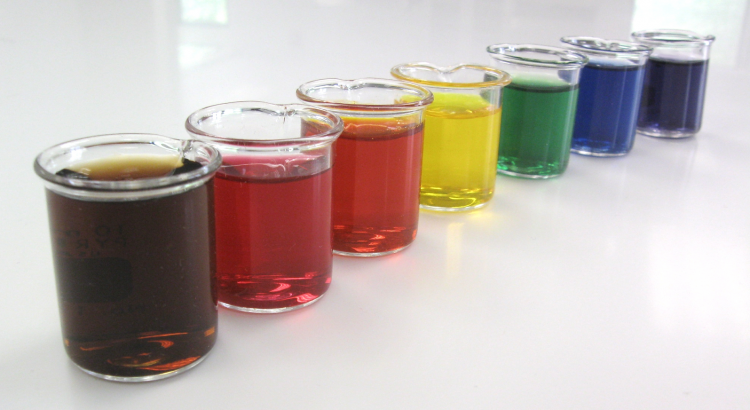Nutritional supplements are substances that are not nutritious and added to food to improve taste, appearance, to extend shelf life and facilitate processing.
Food additives are classified according to the purposes of their use and denoted by the letter E:
- Е100 – Е180 – dyes: added to make food look attractive;
- Е200 – Е297 – preservatives: added to prevent bacterial growth and prolongation of shelf life;
- Е300 – Е321 – antioxidants: added to prevent oxidation under the influence of oxygen;
- Е322 – Е495 – emulsifiers and stabilizers: added to improve the texture of food;
- Е62О – Е635 – odor enhancers: added to enhance the smell of food.
- food flavors are not indicated by the letter E and do not have names. It is indicated that the product contains flavors on the packing.
Many food additives have been used long in cooking. It is salt, for example. The prefix E means that the European Union consider that the substance is safe to eat. However, it does not guarantee that it will not cause an allergy reaction when eating.
But also it is worth remembering that only some of these substances can cause an allergy to food additives or food intolerance. Often allergies are caused by dyes and preservatives. The most interesting dyes are: tartrazine (E102) and amaranth (E123), which can cause seizures of bronchial asthma and provoke hyperactivity.
Sodium bisulfite (E222), a preservative, can cause allergy to food additives. It is an antioxidant, which is used to preserve the freshness of vegetables and fruits in salads, it is also included to dried foods, soft drinks, wine, canned food, sauces, soups in the package. Sodium bisulfite provokes bronchial asthma.
It is believed that other preservatives, for example, benzoates (E210-E219), can induce bronchial asthma and hives; and potassium nitrate (E252) causes hyperactivity and skin damage.
It is believed that reactions to food additives, in general, are very rare, but people suffering from bronchial asthma should avoid the use of tartrazine and sodium bisulphite.

Some food additives can increase hyperactivity in children with Attention Deficit Hyperactivity Disorder. In other cases, they usually don`t provoke it.